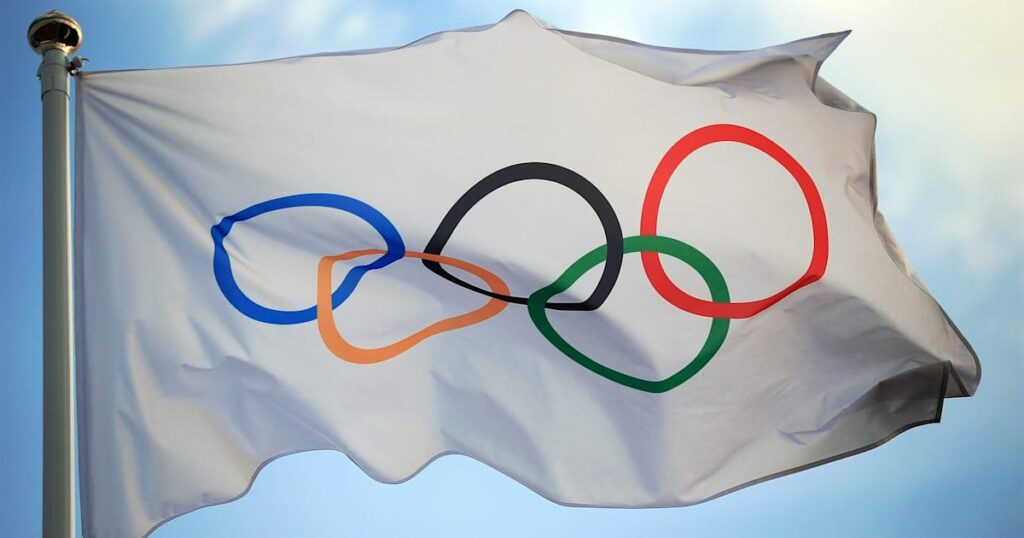The International Olympic Committee (IOC) reaffirms its strong position against the politicization of sport. This position is a fundamental principle of the Olympic Charter, which states:
“Recognizing that sport takes place within the framework of society, sports organizations within the Olympic Movement shall apply political neutrality. includes the responsibility to freely establish and administer the rules of sport, determine the structure and governance of organizations, enjoy the right to elections free from external influence, and ensure the principles of good governance. “Applied.”
The Olympic Charter also states:
“The IOC’s mission is to promote Olympism and lead the Olympic Movement around the world. The IOC’s role is to: (…) oppose political or commercial abuse of sport and athletes.”
These principles have been repeatedly recognized and supported by several resolutions of the United Nations General Assembly in recent years, including explicitly “recognizing the fundamental principles of the Olympic Charter” (A/RES/78/ 10 – Building a peaceful and better society) Achieving a world through sports and the ideal of the Olympic Games starting November 2023).
These resolutions also support the IOC's leadership role, in particular Resolution A/RES/77/27 from November 2022 – Sport as an enabler of sustainable development We support independence and autonomy.” The same is true of the missions of the International Olympic Committee, which leads the Olympic movement, and the International Paralympic Committee, which leads the Paralympic movement. ”
Most of these resolutions have been adopted by agreement of all UN member states, with the exception of the most recent resolution, which was passed only by the Russian Federation and the Syrian Arab Republic with abstentions.
The IOC points out that the Russian government intends to host a purely politically motivated sporting event in Russia, contrary to the fundamental principles of the Olympic Charter and UN General Assembly resolutions. The Russian government created and funded the International Friendship Association (IFA) to host the summer and winter Friendship Games.
Apparently, the first “Summer Friendship Games'' will be held in September 2024 in Moscow and Yekaterinburg, Russia, and the “Winter Friendship Games'' will be held in 2026 in Sochi, Russia.
To this end, the Russian government launched a highly intensive diplomatic offensive by mobilizing government delegations, ambassadors, ministers, and other government officials to lobby governments around the world. To make their purely political motives even more obvious, they deliberately avoid the sports organizations of the targeted countries. This is a blatant violation of the Olympic Charter as well as various United Nations resolutions.
This is a cynical attempt by the Russian Federation to politicize sport. The IOC Athletes Commission, which represents all Olympic athletes around the world, is unequivocally opposed to the use of athletes for political propaganda. The European Commission sees a risk that athletes may be forced by governments to take part in such fully politicized sporting events and thereby even be used as part of political propaganda campaigns.
The Russian government also has a complete disregard for global anti-doping standards and the integrity of competition. This is the very same government that was involved in a systematic doping program at the 2014 Sochi Winter Olympics and then involved in manipulating anti-doping data.
Just last week, the World Anti-Doping Agency (WADA) expressed “continued concerns about Russia's plans to host an unsanctioned event, the Friendship Games, in September 2024. We are particularly concerned that the event will not take place.” “It will be done,” he said. Under the protection of the World Anti-Doping Code (Code), athlete health and fairness can be compromised. WADA urges all code signatories to exercise caution and not legitimize this event, as WADA cannot guarantee whether an anti-doping program is in place. This position is based on the fact that Russia's State Anti-Doping Agency (RUSADA) does not currently comply with this norm, that there are currently no WADA-accredited testing laboratories in Russia, and that overall confidence in Russia's anti-doping system remains low. Reinforced by facts. ”
For all these reasons:
- A blatant violation of the Olympic Charter.
- Violation of respective UN resolutions.
- A disregard for athletes and the integrity of athletic competition.
The Olympic Movement strongly condemns all efforts to fully politicize sport, and in particular the establishment of fully politicized sporting events by the Russian government.
The IOC urges all stakeholders in the Olympic Movement and all governments to refuse to participate in or support any efforts to fully politicize international sport.


